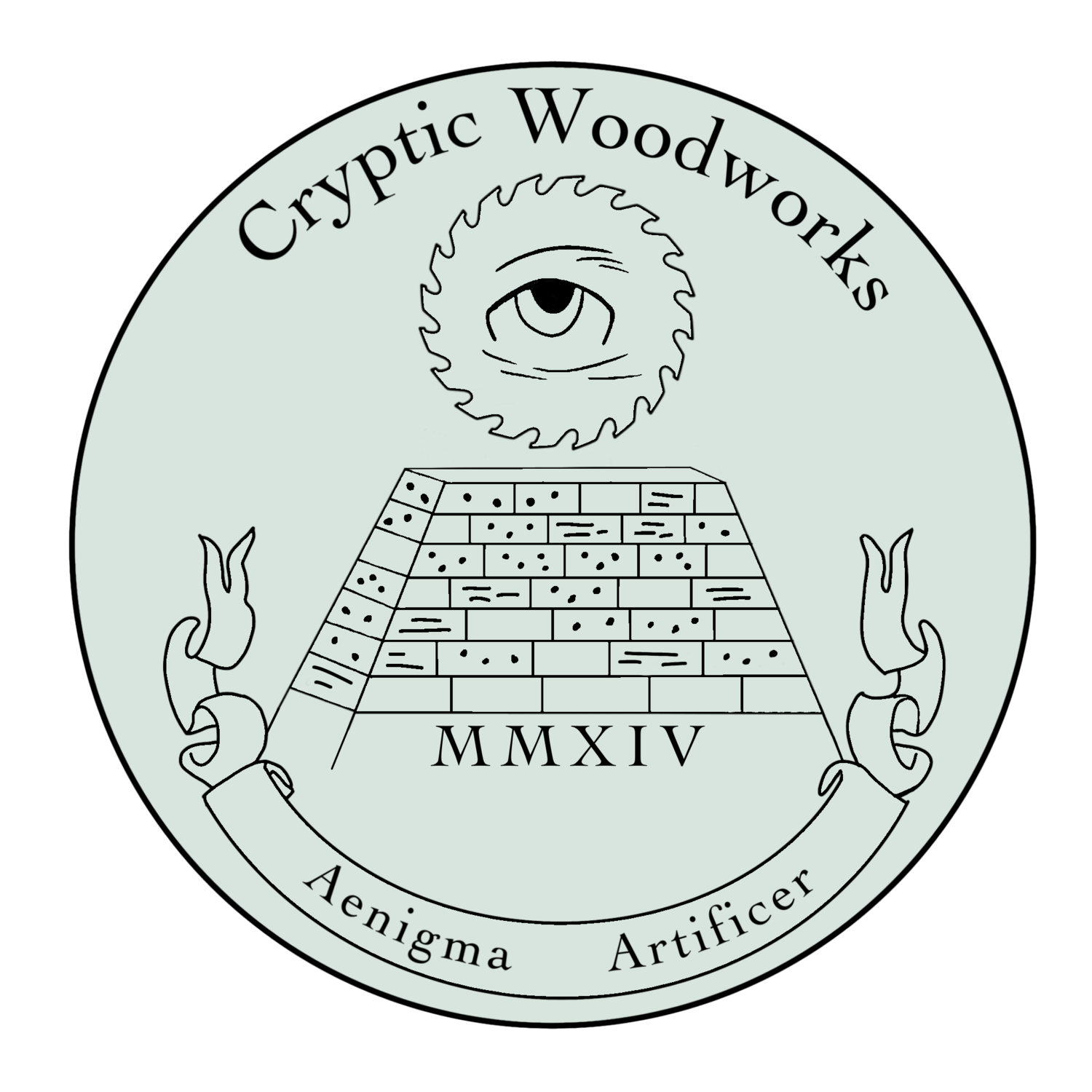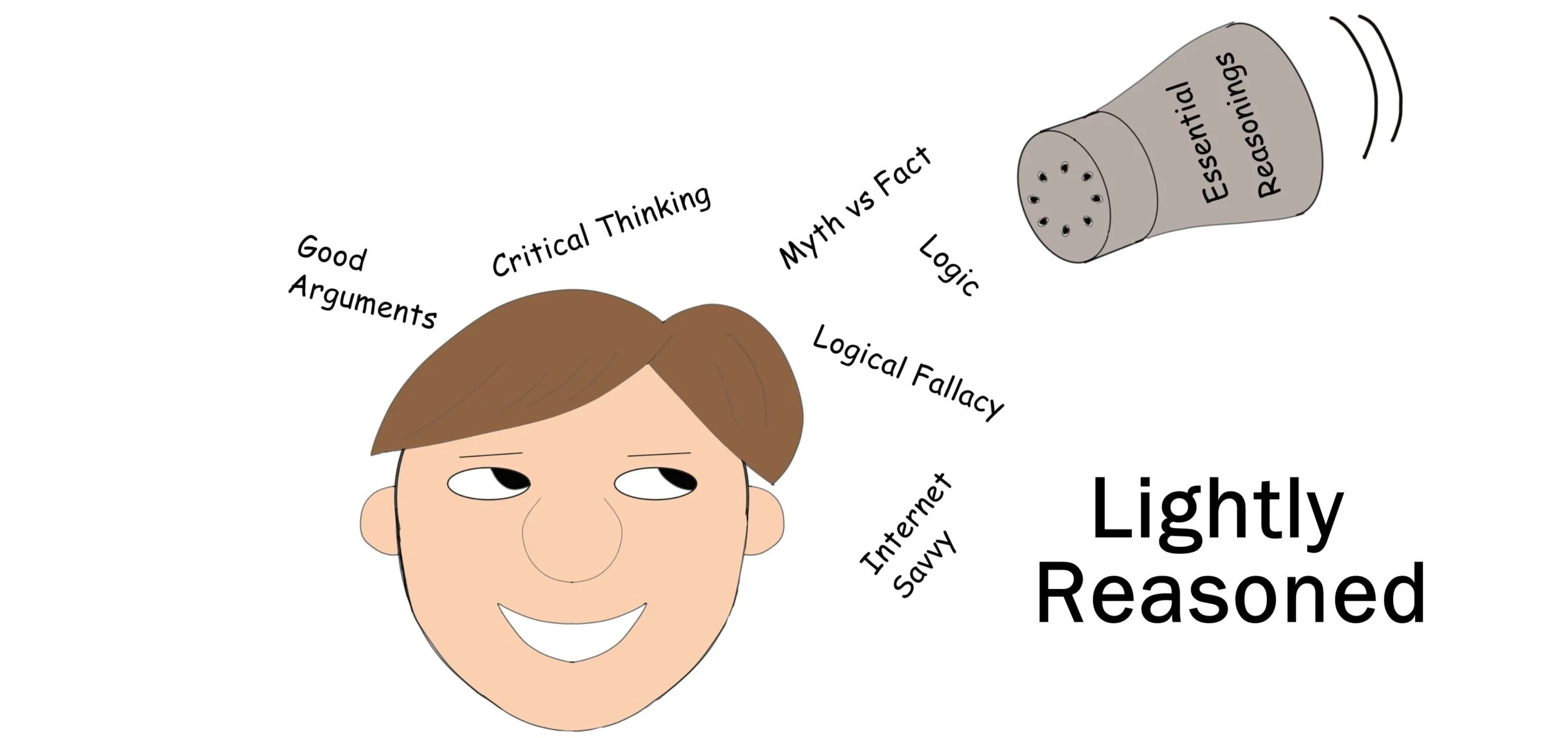Let’s face facts, shall we? There’s a whole lotta stuff I don’t know. Why is ice slippery? Why do we drive on a parkway but park on a driveway? How long should I wait after eating to go swimming? But nothing vexes me more than why in a peanut butter and jelly sandwich the piece of bread with the jelly on it goes on top.
A variety of polls show that the jelly should go on top. However, an exhaustive search (like the 1st page of Google) turned up only some vague ideas. Something about heavier ingredients or taste sensations on the bottom but nothing was definitive. Science is oddly silent on this item and yet they are the same people who figured out how bumble bees fly. So why are there no in-depth studies on this or even an undergrad study project? When presented with this type of problem, there is only one possible solution - Aliens.
It’s the only answer that makes any sense at all. Aliens, who we all know built the pyramids, also left us the PB&J and they designed it so that the jelly goes on top. The reason no scientists will study this is that to look into it would be to confirm once and for all that aliens exist. And they just aren’t allowed to do that. Big Jelly has total control and the aliens running it want to stay hidden. See, this is the only explanation that works.
Hopefully you thought about that and went “Um what?”. Yeah, I stepped in all sorts of logic problem buckets. Let’s take a look at them.
I’ll start with basing a conclusion, aliens, on the fact that I don’t understand why jelly is mostly top bread based. This is a personal incredulity fallacy (or argument from ignorance). It basically means that a conclusion is based on the fact that there is a lack of evidence or not understanding the existing evidence. As weird of a fallacy as this seems, it shows up far too often. The universe isn’t expanding because I’m not getting bigger (not understanding that universal expansion happens in space over large scales, not locally). Then the leap I made – aliens must exist because there is no evidence for why jelly goes on top. This ignores lots of perfectly rational explanations such as: the data is bad and jelly isn’t more often on the top than the bottom, maybe it is based on ingredient flavor and position when eating, perhaps it’s just cultural phenomenon, etc.
Wow, what else did I do? Well, I also jumped to a conclusion and in the process stumbled into a black and white fallacy. In essence, I said either jelly physics has a reasonable explanation that I would understand or aliens did it. I left no room for anything in the middle or even the chance that new information might show up in the future. Since you can’t prove it wasn’t aliens, I also made this a non-falsifiable argument. I’m right because it’s impossible for you to prove me wrong when in fact it should be up to me to prove aliens are real and controlling vital PB&J technology. That’s 3 logical errors in row – I’m really on a roll!
For good measure I threw in some conspiratorial thinking. When there is a non-falsifiable claim it’s nice to also have a conspiracy on your side in case anyone just happens falsify it. Then, you can just say “they were in on it” or “someone must have gotten to them”. Assuming a conspiracy exists can happen when we don’t see that our logic was faulty and we just weren’t thinking clearly enough. If we recognize that our logic was faulty, then we can make ourselves more open to seeing other possibilities and likely find there is no need for a conspiracy.
Its entirely possible I made other logical errors, but these are the primary ones and by examining them my claim is turned into nonsense. Here’s the important point of critical thinking I want to make sure is regularly mentioned – I don’t have to feel bad or ashamed because I held an incorrect view or opinion. Instead, I’m happy to recognize these issues and work towards a better understanding of the subject. Too often we’re told making a mistake is bad and we should never admit to it. That stops us from growing – learning through mistakes is a vital part of our education.


